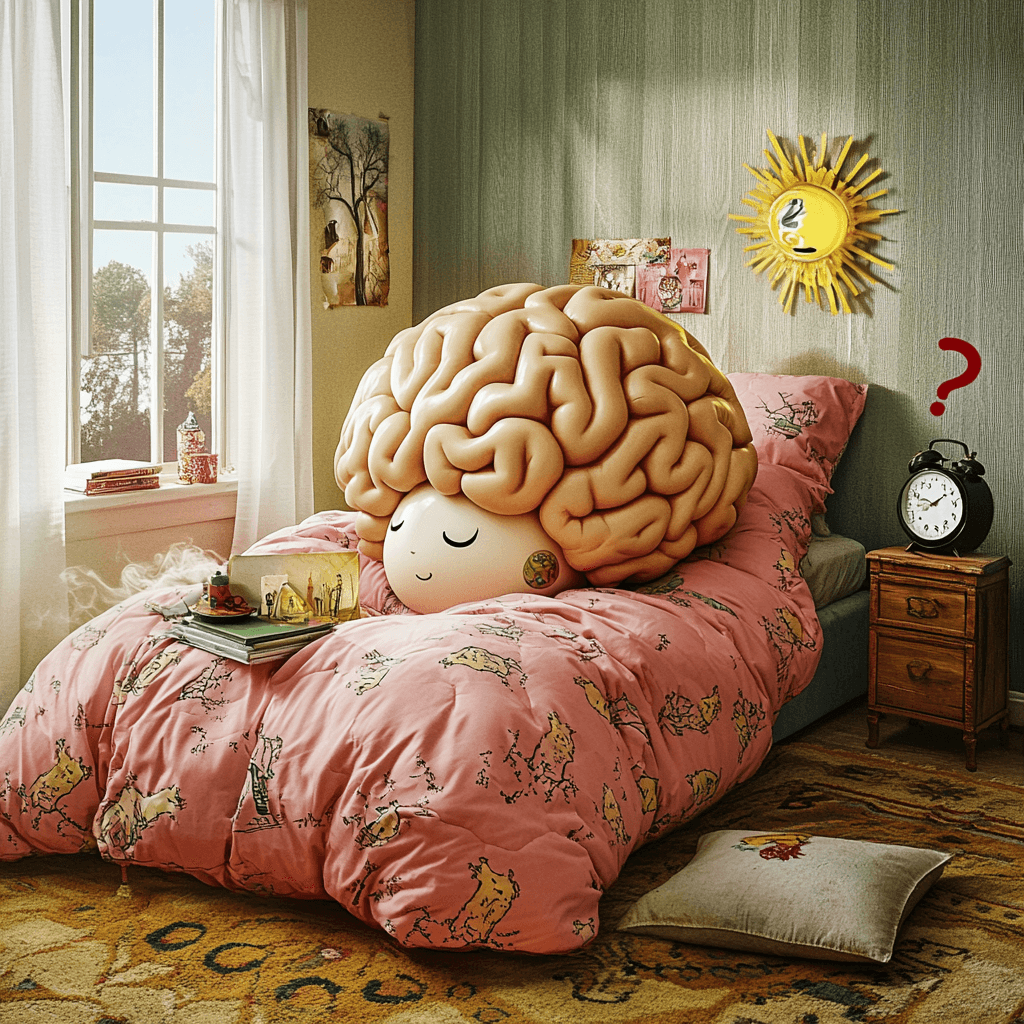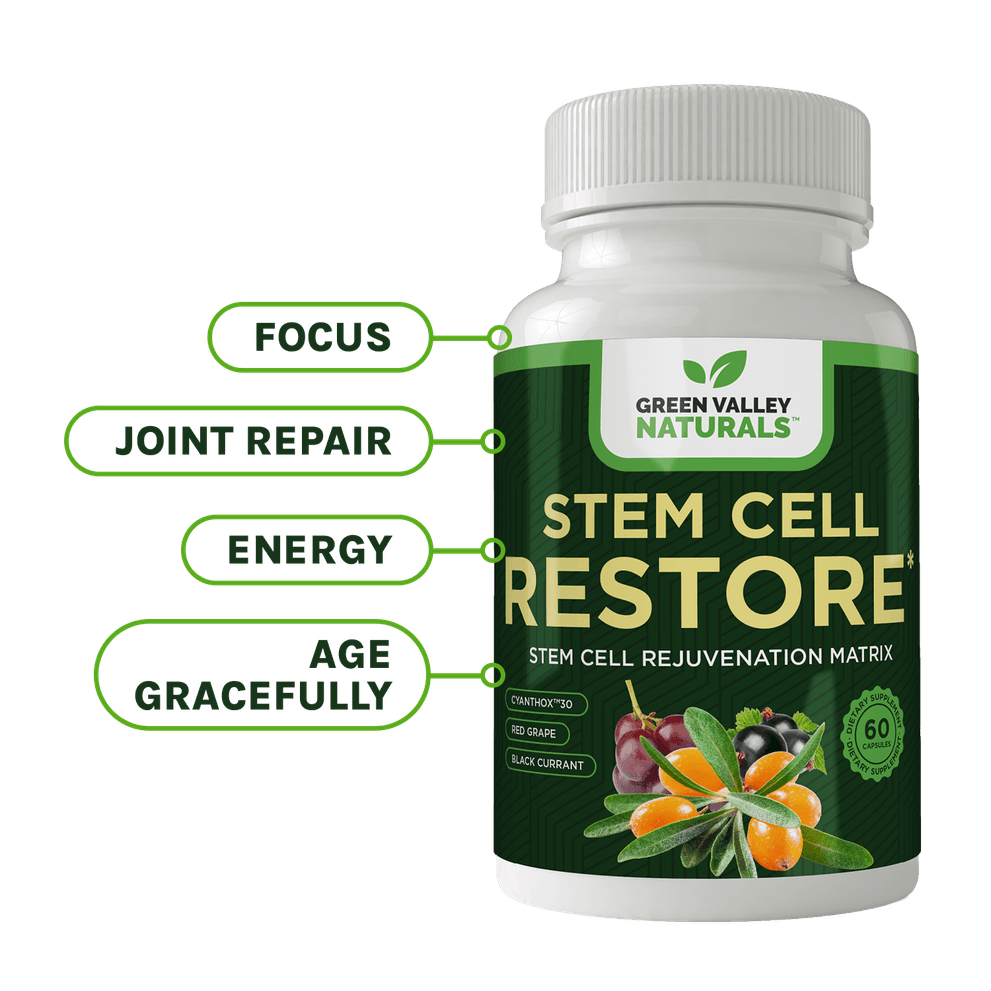
For decades, the mainstream has peddled useless drugs and risky procedures to keep your brain healthy and your memory sharp. But what they never focus on is the day-to-day habits that can make real impacts when it comes to fighting life-changing conditions like Alzheimer’s.
Luckily, that’s what I am here for.
New research shows there’s one easy way to stop Alzheimer’s before it starts. All you have to do is make one tiny change in how you sleep.
Here’s everything you need to know to protect your brain.
Key Takeaways
- Back sleeping can increase the risk of brain toxicity, leading to neurodegenerative conditions by impeding the brain's waste removal process.
- Side sleeping is linked to better neurotoxin clearance, supporting optimal brain health and reducing cognitive decline risks.
- Addressing sleep apnea and adopting a side-sleeping position can enhance brain health by promoting efficient toxin removal and reducing sleep interruptions.
Your Sleep Position Makes a Difference
We all have a favorite sleep position.
Maybe you’re a side sleeper… or a stomach sleeper… but if you get your Zzzs while lying on your back… you need to pay attention to a new study.
Other research has linked sleeping on your back – the supine position -- to an increased risk of sleep apnea, high blood pressure, and digestive issues—especially in those folks at high risk for dementia or who are already suffering cognitive decline.1
But that’s just the tip of the iceberg.
New data revealed at the Alzheimer's Association International Conference earlier this year shows that sleeping in the supine position may also trigger the breakdown of brain cells.
For the study, researchers looked at the sleep data and cognitive outcomes of healthy adults and adults with neurodegenerative disorders like Alzheimer’s, dementia, and Parkinson’s.
And what they found didn’t surprise me. There’s been abundant research out of the laboratory that sleeping on your back can damage brain function and cause memory loss.
Folks who had a neurodegenerative condition slept on their backs for more than two hours every night.2
In theory, this could mean that you can do serious damage to your brain in just two hours of sleep!
Here’s what’s happening to your brain….
Supine Sleep Makes Your Brain Struggle
Sleeping on your back makes it hard for your body to clear the brain of toxins, leading to the accumulation of dangerous chemicals that can damage your cells.
Daniel J. Levendowski, a researcher involved in the study, also reports that sleeping in the supine position can impact other bodily functions like breathing:
“When we sleep on our backs (supine) the neurotoxic flushing is less efficient than when we sleep on our sides due to differences in how the venous blood returns from our brain to our heart. Additionally, sleep apnea is more severe when back sleeping, and the resulting continuous interruptions in sleep also contribute to the buildup of neurotoxins. Thus, our research suggests inefficient neurotoxin clearance resulting from back sleeping over many years contributes to neurodegeneration.”
Furthermore, he debunked the common myth that back sleeping is better for your health, “It is a common belief that back sleeping is superior to side sleeping because the spine is better supported and balanced. However, for brain health, it’s just as easy to comfortably avoid shoulder and neck problems when side-sleeping by using a side-sleeping pillow and/or a mattress topper.”3
Get the Sleep Your Brain Needs!
So, if you’re a back sleeper, NOW is the time to change.
Get a side-sleeper pillow to ensure a comfortable and supportive transition into a new position. Also, talk to your partner about your plans. Let them know it's okay to wake you if they see you in the supine sleeping position.
Lastly, if you or your partner suspects you have sleep apnea – loud snoring, gasping for breath during sleep – talk to your doctor about getting a sleep study as soon as possible. Resolving sleep apnea can help you get the type of sleep you need to flush dangerous toxins from your brain.
Summary
New research suggests that sleeping on your back (supine position) can hinder the brain's ability to clear toxins, potentially increasing the risk of developing neurodegenerative disorders like Alzheimer’s, dementia, and Parkinson’s. Side sleeping is more effective for promoting the removal of neurotoxins and ensuring better brain health. Simple changes like using a side-sleeping pillow and seeking medical advice for sleep apnea can help protect your cognitive well-being.
Frequently Asked Questions
- How does sleeping on your back affect brain health? Sleeping on your back can impair the brain's ability to clear toxins, contributing to the buildup of harmful substances linked to neurodegenerative diseases.
- Why is side sleeping better for brain health? Side sleeping enhances the brain's glymphatic system, promoting efficient toxin clearance and reducing the risk of Alzheimer’s and other cognitive disorders.
- What are the risks associated with back sleeping? Back sleeping can exacerbate sleep apnea, disrupt sleep, and impede the clearance of neurotoxins, potentially leading to cognitive decline.
- Can using a special pillow help me sleep on my side? Yes, side-sleeper pillows provide support and help maintain a comfortable side-sleeping position to encourage better sleep posture.
- What should I do if I suspect I have sleep apnea? Consult a doctor for a sleep study to diagnose and manage sleep apnea, which can improve your overall sleep quality and brain health.
- Levendowski DJ, Gamaldo C, St Louis EK, Ferini-Strambi L, Hamilton JM, Salat D, Westbrook PR, Berka C. Head Position During Sleep: Potential Implications for Patients with Neurodegenerative Disease. J Alzheimers Dis. 2019;67(2):631-638. doi: 10.3233/JAD-180697. PMID: 30614805; PMCID: PMC6398535. https://pmc.ncbi.nlm.nih.gov/articles/PMC6398535/
- https://alz.confex.com/alz/2024/meetingapp.cgi/Paper/89458
- Medical News Today. https://www.medicalnewstoday.com/articles/supine-sleeping-on-back-increase-risk-alzheimers-disease
Stem Cell Restore
Increased Energy from Organic Tibetan Sea Buckthorn Trans-Resveratrol, Vitamin D

